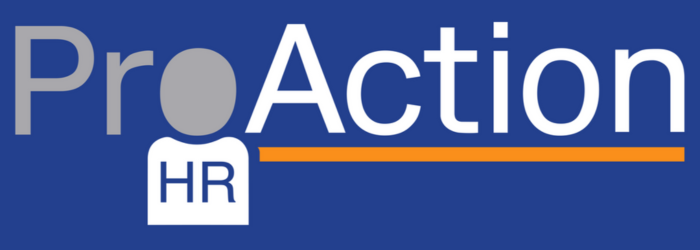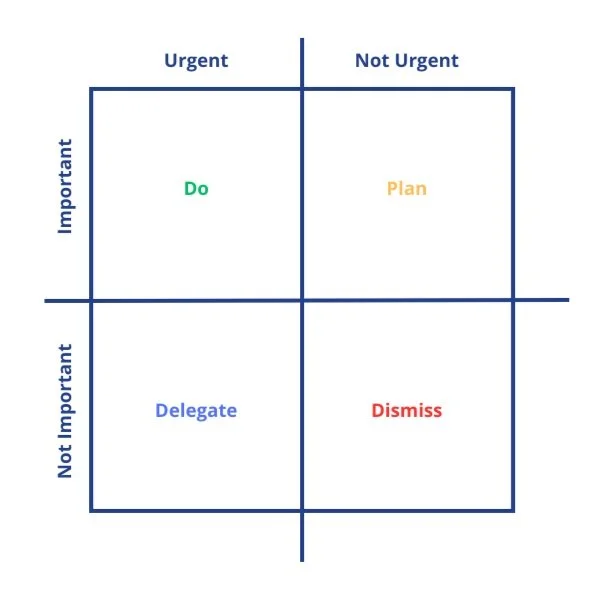Are Time Management Tools a Waste of Time?
Joanne Hobbins, our co-founder and in-house psychology expert, wonders if any time management tool or technique can be effective if we don’t get to the root of the problem.
There are no end of time management techniques and tools available. Some of which I train people how to use, and I use myself. Such as Eisenhower Matrix, Pomodoro Technique, Pareto Principle and my favourite name for a model - Eat the Frog.
Each one of these models are credible and valid, and very useful to help you in managing your workload and time.
What I have an issue with, is how we make them useful.
I’ve done the training, I know the models, but I still manage to run around like a headless chicken most of the time! I can with all the best intention start a Monday morning, plotting my tasks and deliverables for the week in a matrix of what is important / not important – and urgent / not urgent. It really helps me to see clearly where I need to focus my attention, and that I am in line with the company objectives.
But Monday morning can be quite different to Monday afternoon, where a colleague has asked for something from me, or an emergency that has cropped up that needs my attention. Now I have a number of options to be able to meet the new priority, including;
I could say no
I could not deliver something else in my plan
I could let my family down by spending more time working
I could talk to my line manager
I could berate myself for not being a super hero
I could work at a faster speed and end up feeling stressed
I am a people pleaser, recovering from imposter syndrome, who requires external validation. So my immediate reaction is to do my circus impersonator, spinning a ridiculous number of plates whilst wearing a super cape. However, that’s not a sustainable solution.
What I really need to do is STOP and think. Allow some conscious proactive thinking to determine a course of action. Without the pause, I am reacting, and therefore not in full control. So, I can acknowledge my inner critical voice that informs me I’m no good if I can’t do it all, and answer it back that I am good enough. And I can tell myself it’s OK to change deliverables according to the new priorities. Some people may be unhappy, but I can explain. It doesn’t make me bad at my job.
The key for me in successful time management is proactive decision making. Believe in yourself to weigh up what you need to deliver, and commit to it. Tune in to your internal voice and reframe limiting beliefs. Say no if it’s the right decision for you, adapt your schedule if it is the right thing to do, and add an additional plate to spin if that works for you – or conversely, remove a spinning plate. We do not have to be a superhero. But whatever you do, do it consciously, give yourself the time to consider – and don’t dwell on the opinions of those who don’t take the time to understand your context.
Time Management is a component of the 4C’s leadership programme offered by ProAction HR. What makes this leadership programme different to others is that – as well as training in the use of leadership models – the real learning and development comes from how they are used, and the external and internal barriers that are unique to you. Why not come along for a taste of how we do that at our Time Management Taster on 29th February. Make the most of the additional day this leap year!
Click here to book your place.



